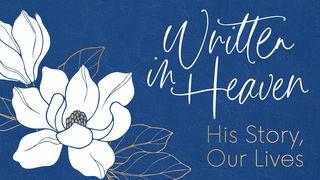Heavy Theology | The Hardest Concepts in Christian ThoughtSample

“The Bad I Do Not Want To Do”
To repeat:
Possible. Hypothetical. Actual.
1. It’s possible Jack would fall down and break his crown.
2. Jack would fall down and break his crown if he and Jill went up to fetch a pail of water.
3. Jack and Jill went up the hill to fetch a pail of water. Jack fell down and broke his crown...
The first describes a possible reality and sometimes a potentiality. The second describes a hypothetical — this would happen given certain circumstances. And the third describes what happened.
So when free creatures choose evil, they’re really choosing evil as a sub species of good: some aspect of goodness they believe they will discover in the evil act.
Remember: however hard this problem is for theists, it’s infinitely harder for atheists because not only must they explain evil — they must also explain the problem of why anything — particularly good and beautiful and true things — exist at all. It’s good to remember that to the best of our knowledge, moral defection appears as if it’s a natural limitation of created free will (precisely due to an inability to see the whole picture and therefore choose the highest good, always), which the supernatural alone can exclude. Ultimately, it’s still better that God made us with a free will capable of sin than to have never made us at all, what Chesterton called a Great-Might-Not-Have-Been. I’ve yet to meet a man who would yield his ability to choose if it meant he’d never sin again.
The ultimate trust is that the great goodness and the good greatness that created the world in the first place holds the same power to make it new again. That He incarnated Himself as the firstborn of all creation and died and rose as the firstfruits of the New Creation testifies that He holds the power to make it right.
Trust that in the teeth of death.
It helps, of course, to know that God suffered more in our world than we ever could in His. More on that in the section on Trinity.
About this Plan

This plan will dive headlong into the deep thoughts that have inspired Christians for centuries. We'll get at the assumptions behind the creeds and delve into territory unexplored by most Christians.
More
Related plans
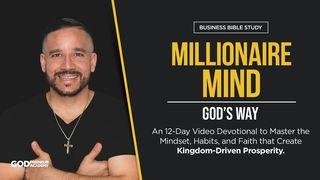
Daily Godpreneur: Millionaire Mind

Bible App for Kids – Discover God’s Big Story
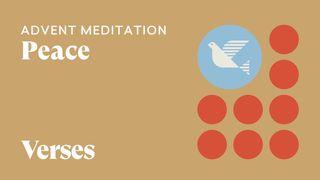
Advent Meditations: Peace

God Is in Control

Am I Really a Christian?

Helping Your Kids Know God's Good Design
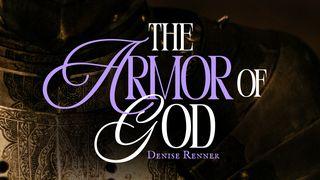
The Armor of God

Happy to Work
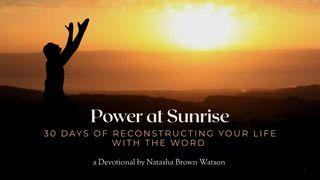
Power at Sunrise: 30 Days of Reconstructing Your Life With the Word
